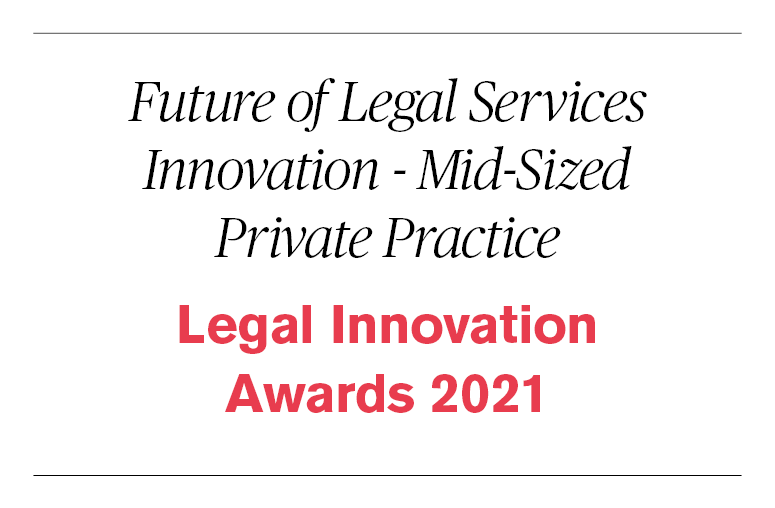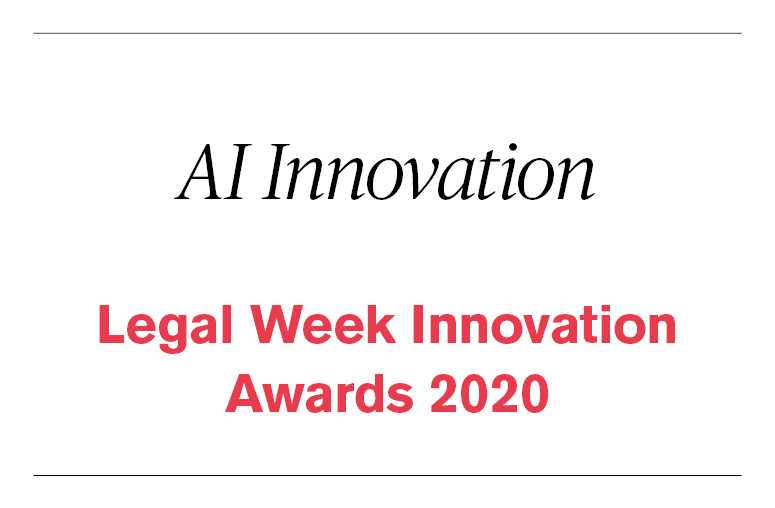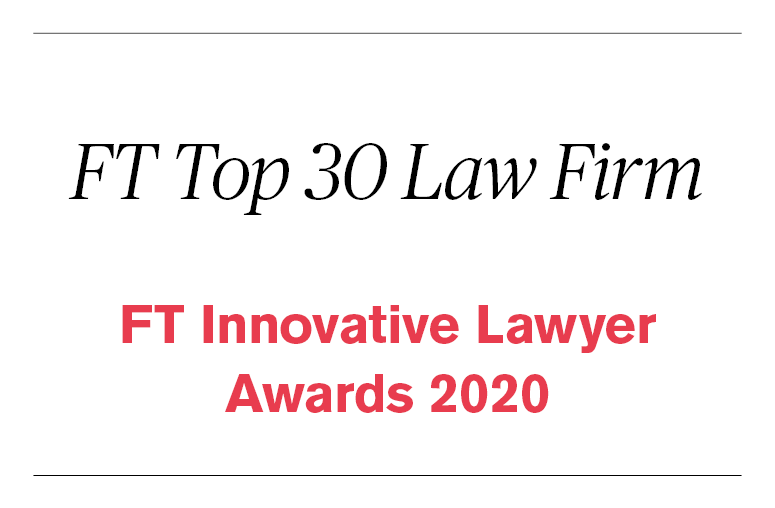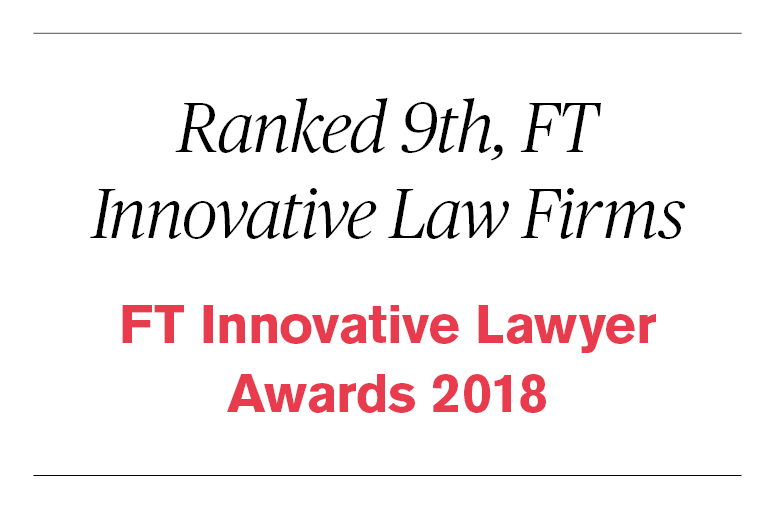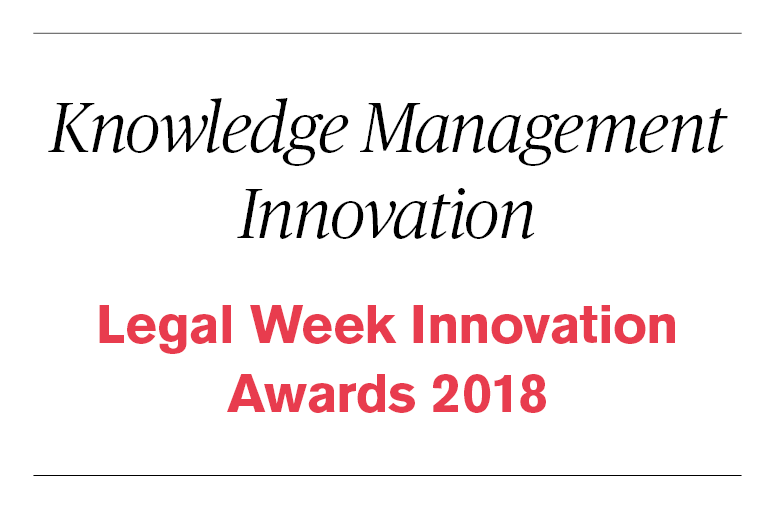Lawtech
Our lawtech practice develops technological solutions for legal problems, offering new and innovative ways of tackling our clients’ most complex issues and enhancing and streamlining the firm’s existing services.
Technology increasingly plays a significant role in our everyday lives, providing new solutions which would not be possible without technological innovation and making traditional tasks more efficient.
As an integrated part of the firm, the lawtech team benefits from the strong relationships and in-depth knowledge that the firm already has of our clients and their businesses. This understanding enables us to work directly with clients to provide custom-built solutions, often designed from the ground up, to fulfil their specific legal needs and requirements.
The lawtech team comprises individuals with a wide range of expertise and backgrounds, including qualified solicitors, project managers, technologists, computer engineers and service designers. We combine a diversity of insight and experience in relation to technology, data, design, knowledge management, process, change and law, which helps us to develop a wide range of creative and forward-thinking delivery outputs to complement the trusted legal expertise that the firm provides.
Pathways into law
As part of our commitment to the future generations of legal technology professionals we offer a two-year graduate programme.
To find out more about the graduate programme, take a look at the Early Careers section of the website.
AI
Artificial Intelligence (AI) is a key technology supporting our lawyers and profoundly impacting how our clients’ businesses operate. Lawtech is helping navigate the complex ecosystem of AI to allow us and our clients to engage in meaningful utilisation and exploration of tools spanning traditional and generative AI.


